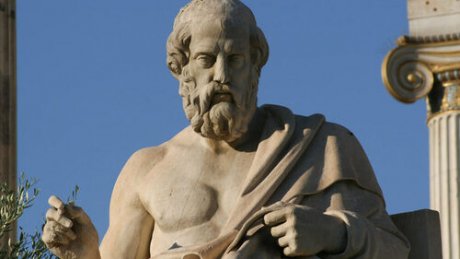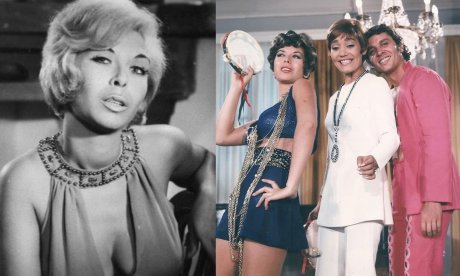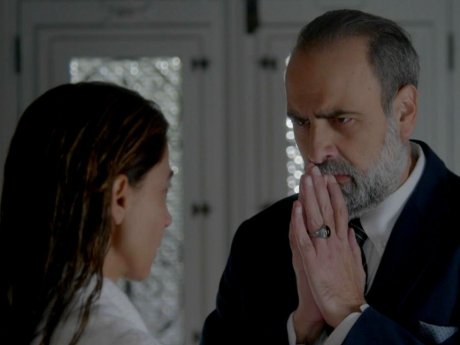Obama's visit: Fear of globalisation the common thread behind Brexit, Trump votes, Obama says
Brexit and the results of the U.S. presidential election reflected a shift toward populism arising from a growing inequality and people's concerns over globalisation, U.S. President Barack Obama said on Tuesday (15/11/2016), while answering questions during a joint press conference with Greek Prime Minister Alexis Tsipras in Athens.

"We have to deal with issues like inequality. We have to deal with issues of economic dislocation. We have to deal with people's fears that their children won't do as well as they have ....the more effectively we deal with those issues, the less those fears will express themselves in ways that are counterproductive, making people turn against each other," he said.
"Globalisation combined with technology, combined with social media, constant information, have disrupted people's lives, sometimes in very concrete ways," Obama noted, while the impact was both economic and psychological, with people less certain of their national identities, or their place in the world
"There is no doubt that this has produced populist movements, both from the left and the right," Obama added, with the trend giving rise to "unconventional candidates," like Donald Trump or Bernie Sanders. The common thread, according to the U.S. president, was a "suspicion of globalisation and a desire to rein in its excesses," as well as issues of national and religious identity. He referred to "troubling rhetoric" used to mobilise people in the wrong direction, adding that the newly elected president Trump tapped into that particular strain in the Republican Party.
"That can be a volatile mix.. it is important to recognise though, that those trends have always been there. It is the job, I think, of leaders to try and address those real and legitimate concerns and do what they can in the most constructive way."
Obama said he had recognised anger and frustration in Americans, pointing out that the United States had struggled to get back from the worst recession since the Great Depression.
"We recovered but fear and anxiety remained and many people had the impression that the game was rigged in favour of Wall Street.
"Perhaps the view of the American people was just that we have to shake things up. Time will now tell whether the prescriptions that are being offered, whether Brexit or with respect to the U.S. elections, ends up actually satisfying those people..." he concluded.
















.jpg)



